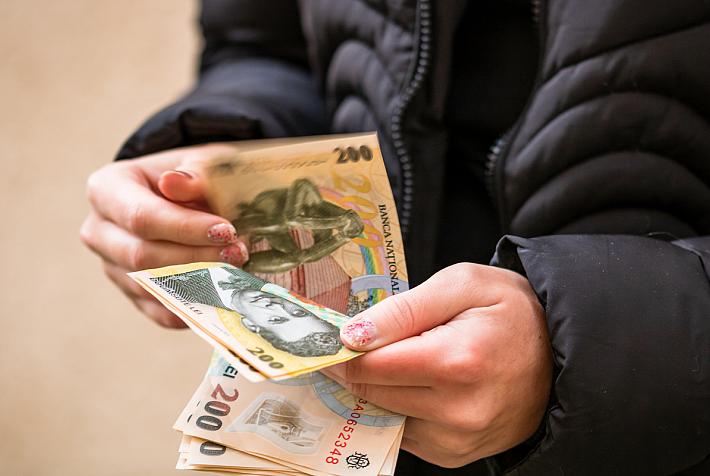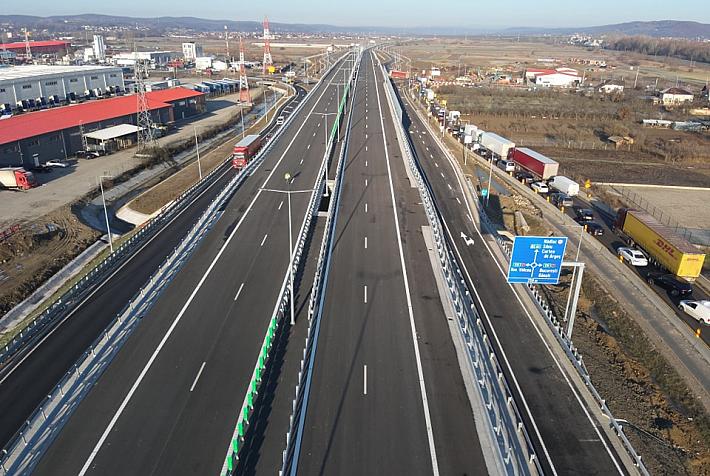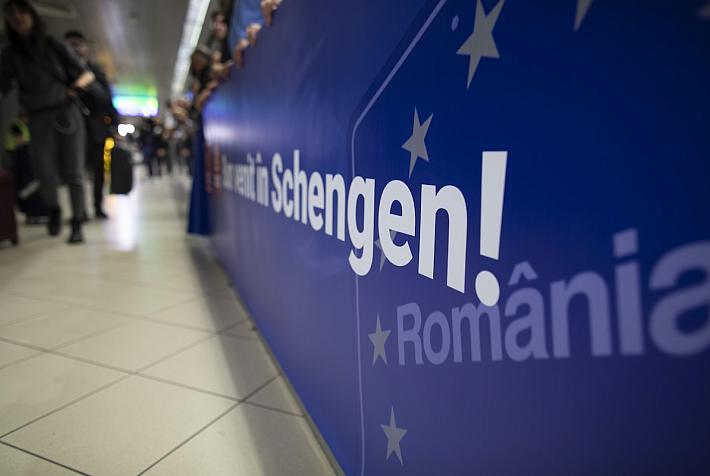Romania’s CA gap narrows in Jan on fewer holidays abroad

Romania's current account deficit narrowed to EUR 239 million in January, down 37% compared to the same month of 2020.
The CA gap is seasonally small in the first month of the year; therefore, the improvement will not weigh much in the overall full-year balance.
The smaller volume of holidays Romanians spent abroad made a major positive impact on the CA balance improvement. The outflows for tourism services were only EUR 180 mln in the first month this year, compared to EUR 244 mln in the same month last year. As the ski slopes in Austria and other European countries were closed, only expensive holidays in exotic countries were available.
The trade with goods, which is the major element in the current account, also improved marginally - with the trade gap narrowing by 4.3% year-on-year to EUR 1.24 bln.
Notably, the balance of secondary incomes - standing for payments not related to the transfer of labor or capital, but grants and informal transfers - deteriorated in January to a deficit of EUR 127 mln from EUR 14 mln in January 2020. It is not a dramatic change for the overall CA balance, but it comes against expectations for more significant transfers from the European Union budget.
The non-residents' direct investment in Romania totaled EUR 363 mln in January compared with EUR 1,226 mln in January 2020. The FDI thus fully covered the CA gap, but this is not relevant given the seasonally better CA balance in the first month of the year.
Out of the total FDI, the equity (including the estimated net reinvestment of earnings) and intercompany lending recorded net values of EUR 531 mln and negative EUR 168 mln, respectively. In other words, local FDI companies returned EUR 168 mln worth of loans to their foreign parent groups.
iulian@romania-insider.com
(Photo source: Nuthawut Somsuk/Dreamstime.com)













